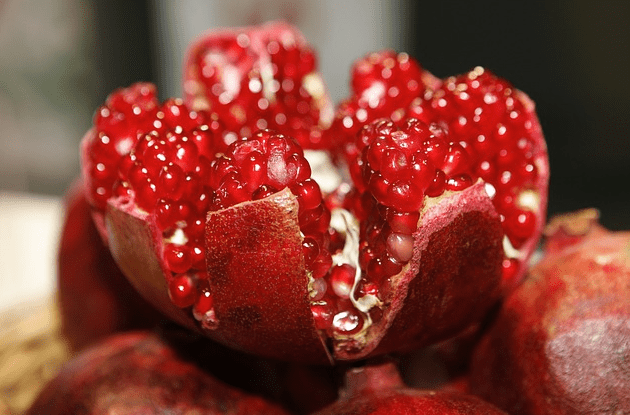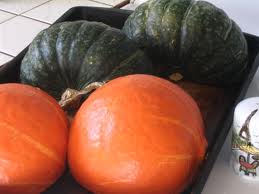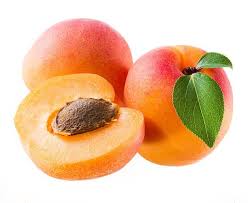The last time I reviewed the pomegranate in this newsletter, I took the opportunity to discuss the sex life of King Henry XIII. This time, with a more conservative mood and the holiday atmosphere all around, I'll focus on the role of the pomegranate and its significance in Jewish tradition.
Ancient Hebrew texts are filled with references of pomegranate, starting with the Torah, where it's listed as one of the seven species of the land and one of the fruits that were brought back by the Israelite chieftains, who were sent by Moses to scout the Land of Canaan, as proof that the land as good. Unlike some other fruits and plants whose modern identification is uncertain, there's no doubt about the identity of the pomegranate mentioned in the Torah.
This is the direct ancestor of the pomegranates we enjoy today. Archaeological evidence attests that pomegranates have been cultivated in this region for over 4,500 years. When you consider that this fruit was cultivated in what is now modern-day Iran around 5,000 years ago, it becomes evident that this area boasts one of the world's oldest continuous pomegranate cultivation regions.

Pomegranates were grown here even in Canaanite and Egyptian times, and this tradition continued through the rise and fall of various kingdoms that would eventually lead to the emergence of the Jewish people. This tradition endured even as these kingdoms fell and the land changed hands, from Greeks to Romans, Romans to Arabs, and from Arabs to Ottomans, right up to the present day.
Throughout Jewish tradition, the pomegranate was not only a sought-after and attributed fruit but also a symbol of wisdom and fertility, thanks to its many seeds, as well as a royal element, likely due to its distinctive 'crown.' It even achieved a status of sanctity.
To this day, we adorn Torah scrolls with silver pomegranates, and archaeological excavations have uncovered ivory pomegranate-shaped artifacts dating back to the First Temple period. Pomegranates are also a decorative motif found in ancient synagogue mosaic art, making them an enduring symbol of the holidays.

Beyond their symbolism and historical significance, pomegranates have been hailed as medicinal plants for various uses (just ask Henry the eighth). Like many other medicinal plants, our ancient ancestors got it right with the pomegranate. Research in the last thirty years has unveiled compounds called Punicalagins that, after breaking down in the gut, may inhibit the development of cancer cells. Pomegranates also contain compounds that reduce 'bad' cholesterol levels, in addition to a variety of minerals, vitamins, and antioxidants.
As mentioned, pomegranates have been grown in the land of Israel for over 4,500 years, and they are continuously under development and improvement, even over the last few decades.
This week, we have an excellent sample of an Israeli pomegranate variety for you. This is the Akko Pomegranate – small in size, but especially sweet and juicy seeds and is in season right now.
I've already taken apart several wonderful pomegranates. Some I'll add into salads, and others I'll use for a delightful pomegranate margarita cocktail I plan to serve to guests coming for dinner.








